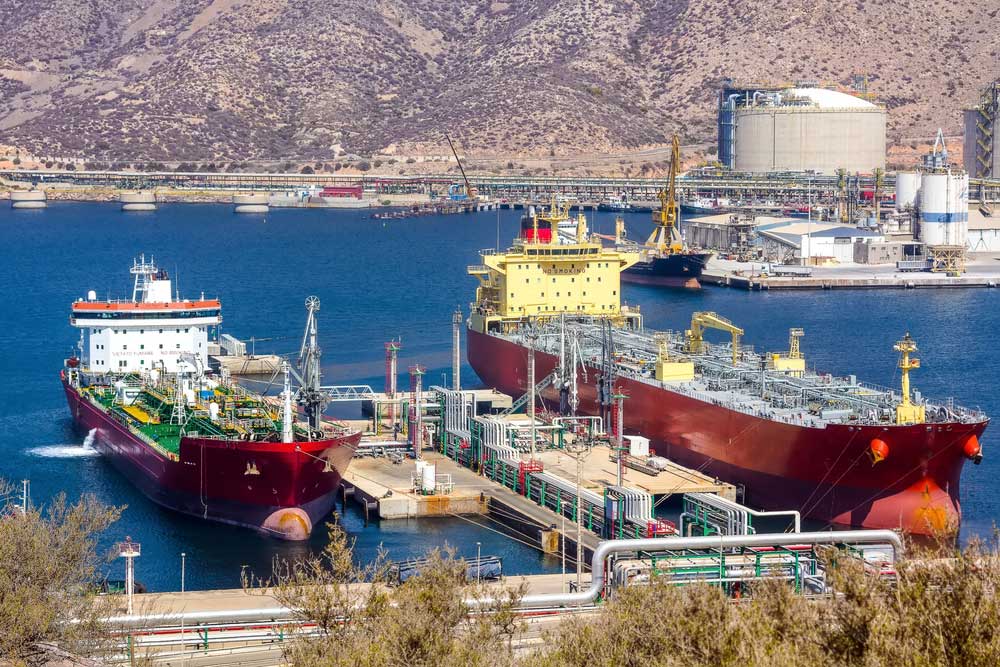Indian investors ran for cover on Monday following the drone attacks on the oil facilities of Saudi Arabia as they grappled with the possible impact of the strikes on an economy which grew just 5 per cent in the April-June quarter, the lowest in six years.
Soaring crude prices caused the rupee to crash 68 paise to 71.60 against the dollar and the benchmark Sensex to settle 262 points lower on Monday.
The effect was also seen in government papers, with yields on the benchmark 10-year bond rising almost 8 basis points to close at 6.71 per cent.
Amid a rush to safe-haven assets, gold prices gained Rs 460 to Rs 38,860 per 10 gram in the national capital.
The drone attacks on Saturday targeted Abqaiq, the site of the largest oil processing plant run by Saudi state oil company Aramco, and the Khurais oilfield. Consequently, Brent futures rose almost 20 per cent to $71.95 per barrel during intra-day trade on Monday.
Though it moderated later, Brent was still trading at $66.72 per barrel, a gain of around 10.59 per cent over the previous close.
The drone attacks on Saturday happened the very day finance minister Nirmala Sitharaman announced a package of measures for the exporters and real estate players as the Modi government looks for ways to revive a slowly economy.
The rise in crude oil prices has now triggered fresh concerns, with analysts fearing adverse impacts on various sectors along with a rise in the current account deficit and inflationary pressures.
At the forex markets, the rupee saw its first decline in eight sessions, falling to 71.60 against the dollar.
The domestic currency opened lower at 71.54 and hit a low of 71.63 during the day. It finally closed at 71.60, down 68 paise over its previous close.
As investors rushed to safe-haven assets, the dollar was also strong with the index (which gauges its strength against a basket of six currencies) up 0.13 per cent to 98.38.
Stock jitters
At the stock markets, the Sensex saw its biggest decline in over two weeks by falling 262 points, or 0.70 per cent, to 37123.31 after crashing 356 points in intra-day trade. The broader NSE Nifty closed 79.80 points, or 0.72 per cent, lower at 10996.10.
Top losers in the Sensex pack included M&M, SBI, Yes Bank, Asian Paints, HDFC, Tata Steel and L&T, shedding up to 2.55 per cent.
The global development hit the BSE oil & gas index and the energy index the most as they lost 1.61 per cent and 1.33 per cent, respectively.
“The drone strikes in Saudi Arabia have added to the trade war related uncertainties and deteriorated market condition globally,” Gaurav Dua, senior vice-president, head-capital market strategy and investments, Sharekhan by BNP Paribas, said.
“If (crude oil in Saudi Arabia) production is not resumed soon, such a rise could hurt the global economy as consumer costs will also go up. This will definitely affect India, where the economy is already stressed,” said Pushkar Mukewar, co-founder and co-CEO of Drip Capital, a US and India-based trade finance firm.
“The volatility in the rupee will hurt exporters the most, especially MSMEs, which are not in a position to hedge substantially. Apart from the petroleum-related products, sectors such as plastics and textiles could also be hit hard by the double whammy of rising oil prices and a volatile rupee,” Mukewar added.











